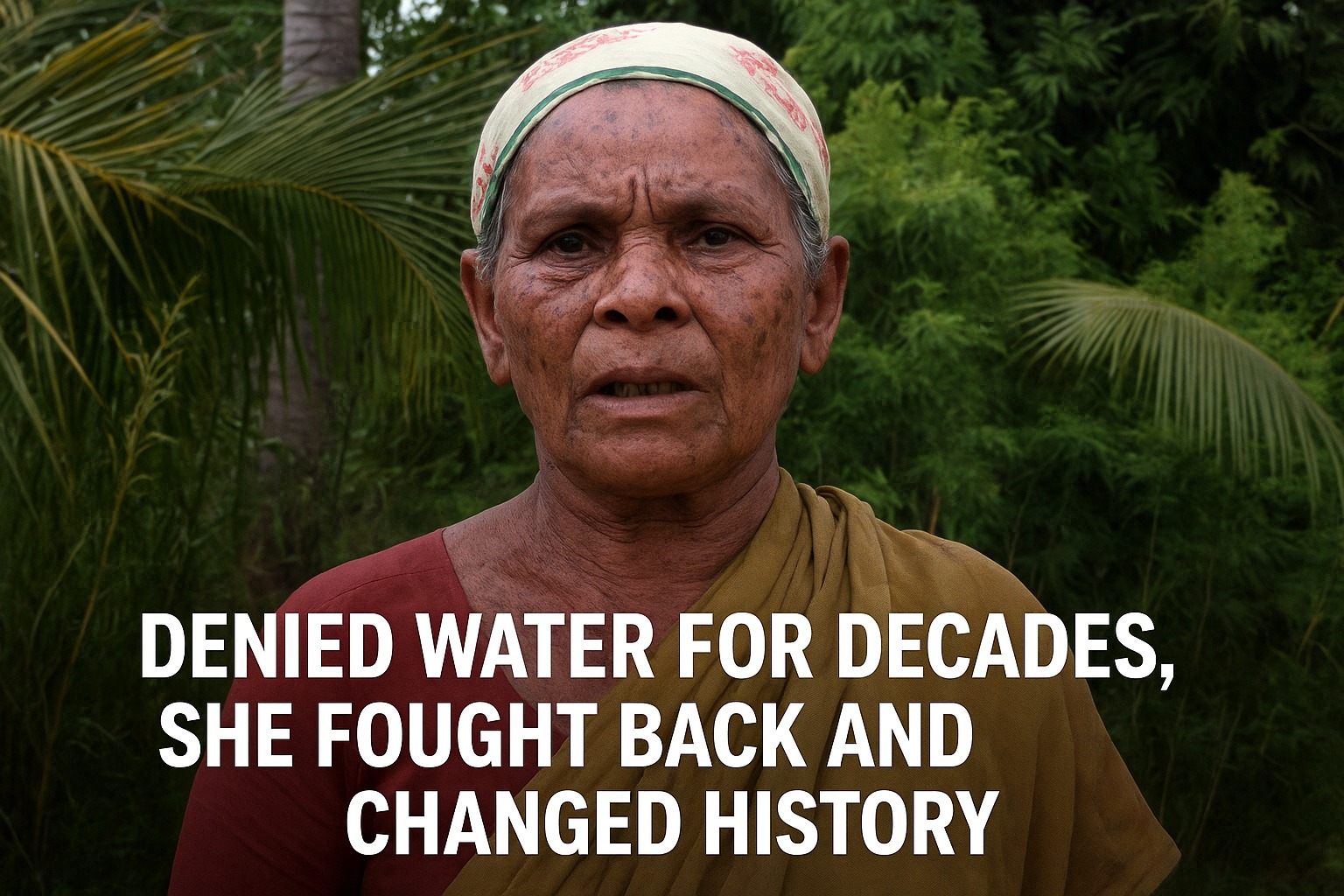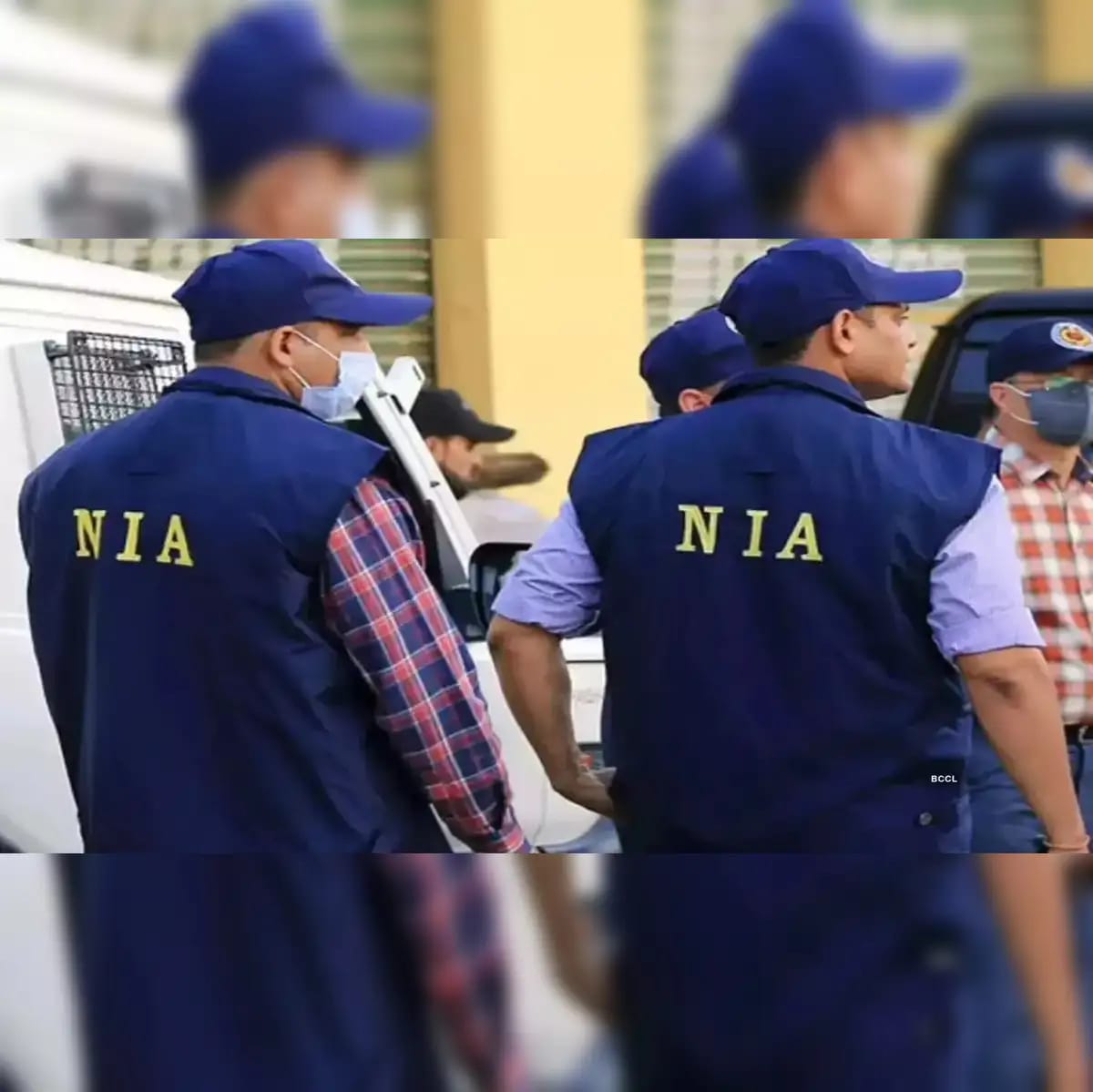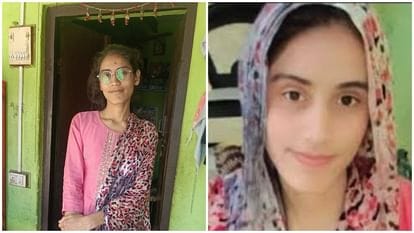From Thirst to Triumph: How One Woman Defied Caste Discrimination
30 August 2025
By Simran
A Life Without Water
In Thalaivankottai village of Tenkasi district, a 65-year-old Dalit woman named Muniammal lived most of her life without free access to water. Her community had to wait until the upper-caste villagers finished using the public tap before they could collect water. At times, they had to walk long distances to fetch water from other sources. This discrimination continued despite India’s constitutional guarantee of equality and dignity for all citizens. Justice R. N. Manjula of the Madras High Court later observed that clean water is an essential part of the right to life under Article 21 of the Constitution.
When Justice Finally Intervened
After years of petitions and complaints, the case reached the Madras High Court. The court ordered the installation of enough taps for every street and instructed the local administration to ensure equal access for all communities. Following this directive, 17 new taps were installed in Muniammal’s village, each functioning for three hours daily. The court also directed authorities to replicate similar measures in other areas facing caste-based water discrimination and reminded officials to enforce the SC/ST (Prevention of Atrocities) Act whenever such denial of resources occurs.
Caste and Water: A Nationwide Reality
Muniammal’s story is not an isolated incident. Reports reveal that caste-based water discrimination is widespread across India.
- A Human Rights Watch study found that more than 20 percent of Dalits lack access to safe drinking water and only about 10 percent have access to basic sanitation, compared to 27 percent among non-Dalits.
- A 2013 ActionAid survey showed that in states like Madhya Pradesh, almost 98 percent of Dalit households reported discrimination at public water sources. In Gujarat, around 71 percent of Dalit settlements have no public water source nearby.
- Many Dalit women are forced to depend on upper-caste-owned wells or travel long distances for water, exposing them to harassment and health issues.
The Double Burden on Women
The responsibility of collecting water mostly falls on women, making Dalit women doubly disadvantaged. A 2011 study using NSSO data highlighted that only 28 percent of rural Dalit households have water sources within their premises. In most cases, it is the women who walk several kilometers every day to fetch water. This often leads to girls dropping out of school, poor maternal health, and vulnerability to abuse. The situation is worse in rural areas where caste and gender discrimination intersect with poverty.
Historical and Social Context
The denial of water to marginalized communities is not new. The Mahad Satyagraha of 1927, led by Dr. B. R. Ambedkar, was one of the earliest movements asserting Dalits’ right to access public water. Tamil Nadu’s Samathuvapuram housing scheme also attempted to create inclusive spaces with shared water facilities, though its implementation has been inconsistent. Muniammal’s fight continues this long tradition of resistance against caste oppression.
What Her Victory Means
Muniammal’s victory is more than just about getting water taps installed. It is about restoring dignity to her community and challenging deep-rooted social injustice. It shows that one person’s courage can force systemic change. However, the larger issue remains. Many Dalit communities across India still face similar discrimination. The government, local bodies, and civil society need to work together to ensure equal access to water for all, with strict enforcement of laws and awareness campaigns at the grassroots level.
Conclusion
Access to water is a basic human right, not a privilege. Muniammal’s struggle highlights the resilience of marginalized communities and the urgent need for structural reforms. Her story should inspire all of us to stand against discrimination and to ensure that dignity and equality flow as freely as water itself.


